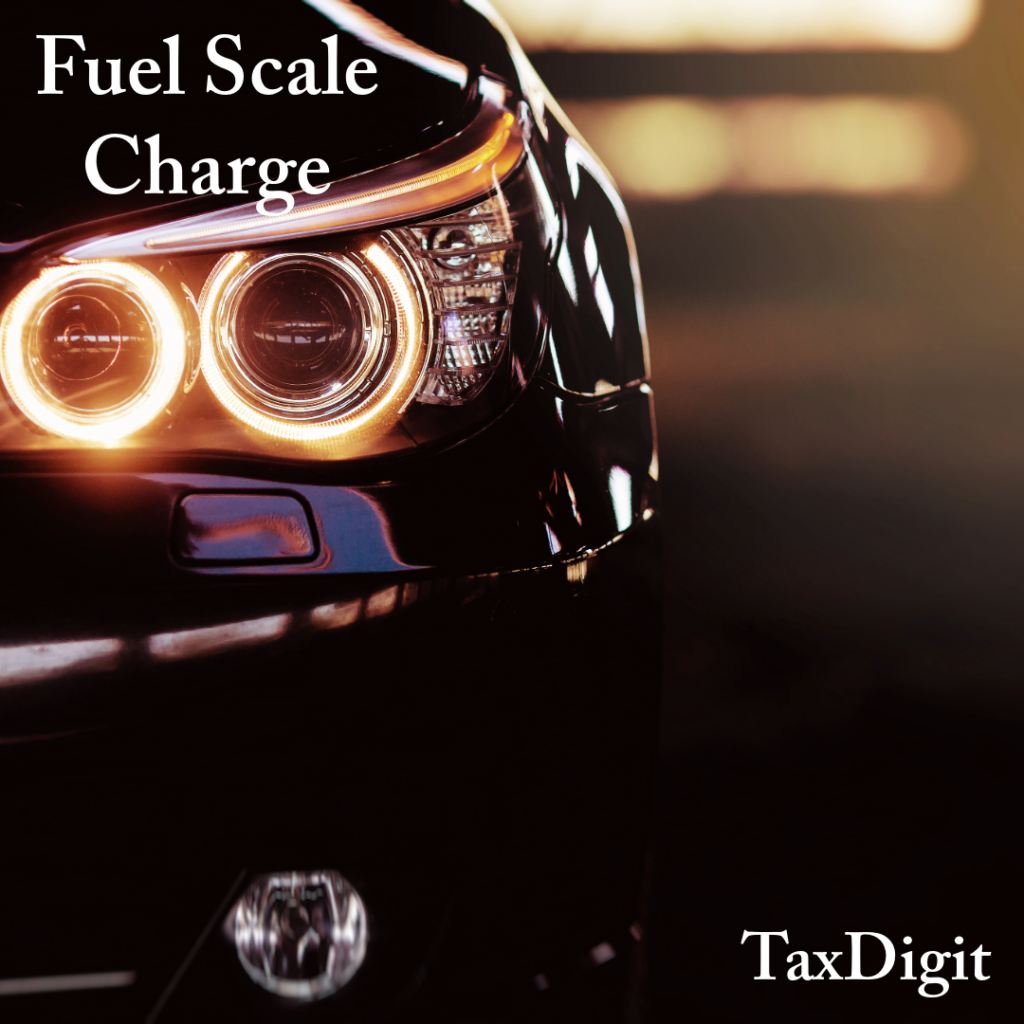Car Expenses and Fuel for Private Use

In the realm of business operations, the utilization of vehicles is often a necessity. From client meetings to running errands, cars play a pivotal role in ensuring the smooth functioning of various business activities. However, when it comes to managing car expenses and fuel for private use, it’s crucial to tread carefully through the intricate landscape of taxation. In this blog post, we’ll shed light on the VAT implications associated with car repairs, fuel provisions, and the nuances of scale charges.
Reclaiming Input VAT on Car Repairs
When a car is used for both business and personal purposes, the VAT treatment of expenses becomes a delicate matter. Fortunately, when there is some business use of a car, businesses can reclaim the full amount of input VAT in relation to repairs. This provides a welcome relief for businesses striving to balance their financial sheets in the face of maintenance costs.
Fuel Provision and the Intricacies of Input VAT
In scenarios where a business provides fuel free of charge for the private journeys of employees or self-employed proprietors, the VAT landscape becomes more complex. Despite the potential to recover all input VAT for both private and business mileage, businesses must be vigilant in accounting for the private use element.
Typically, this is achieved through the implementation of an output VAT scale charge. The scale charge is calculated based on the car’s CO2 emissions and the length of the period, usually on a quarterly basis. This mechanism applies not only to sole traders and partners but extends its reach to employees and directors as well.
Charging Employees for Private Use Fuel: A Different Approach
Interestingly, when the full cost of private use fuel is charged to an employee or director, the dynamics of VAT treatment shift. While the business retains the ability to reclaim input VAT, it must now account for output VAT on the amount charged to the employee or director. This alternative method, distinct from the scale charge, provides businesses with flexibility in managing their VAT obligations.
In essence, understanding the VAT implications of car expenses and fuel provision is essential for businesses seeking to optimise their financial positions while maintaining compliance with tax regulations.
For more detailed and personalised information tailored to your specific business context, feel free to contact us at TaxDigit. Our team of experts is ready to navigate the intricacies of taxation, providing you with the guidance needed to make informed decisions.
In the world of VAT, knowledge is power. Contact us at TaxDigit today and empower your business for a tax-efficient future.
Contact us at TaxDigit for more information.



